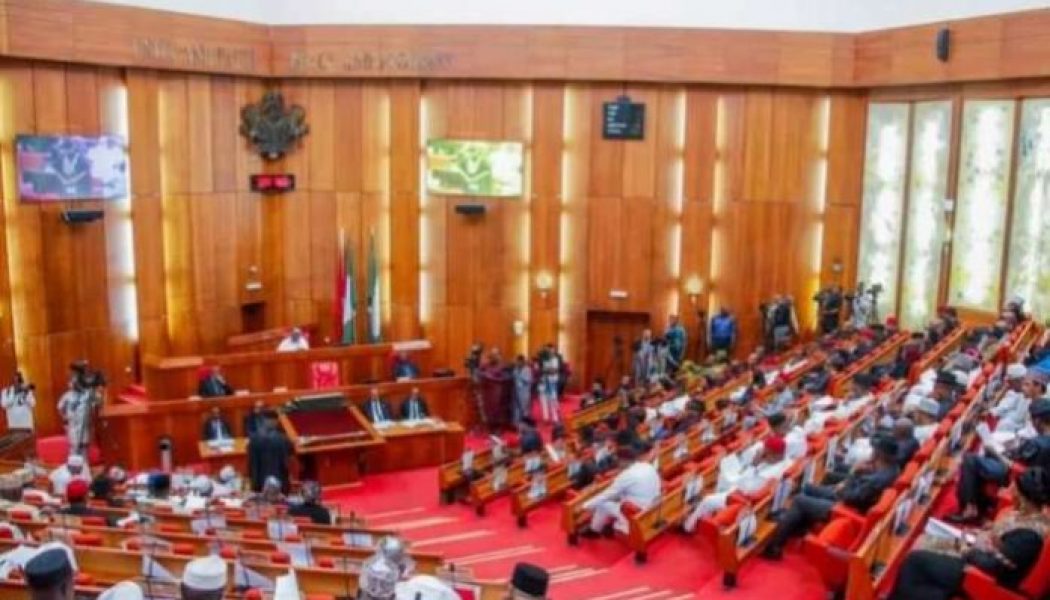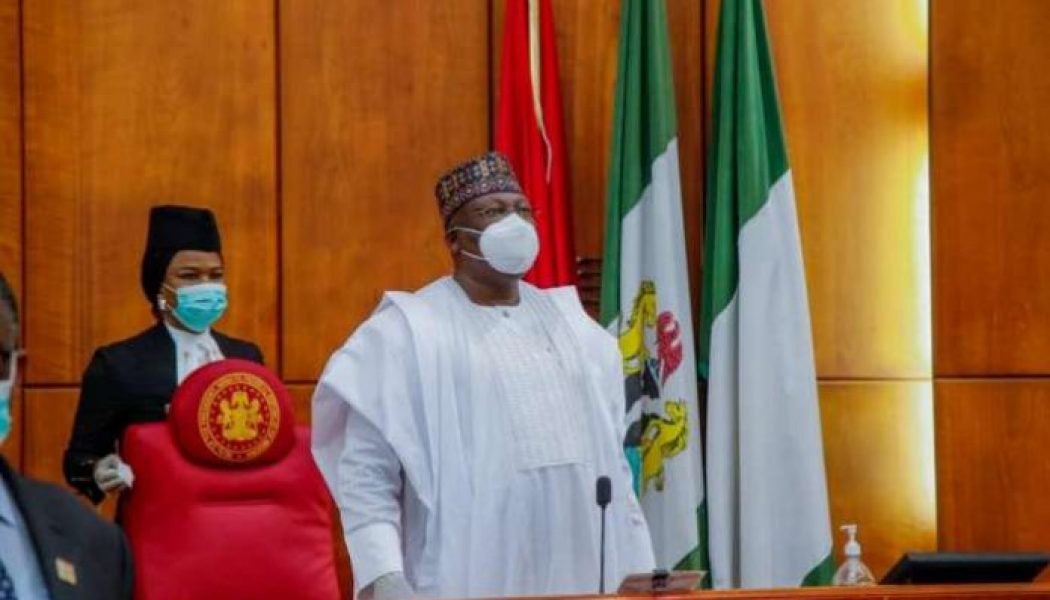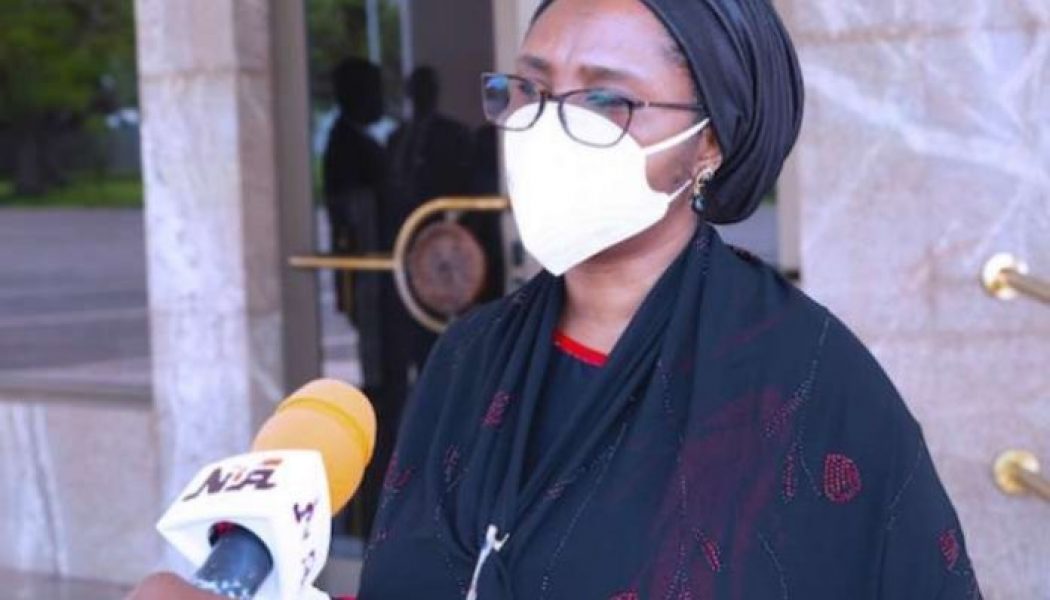Federal Ministry of Finance Budget and National Planning
Senate passes amended AMCON bill, empowers agency to seize debtors’ assets
The Senate Wednesday passed the Asset Management Corporation of Nigeria Amendment bill after considering the report of its Committee on Banking, Insurance, and Other Financial Institutions. The amendment bill passed by the upper chamber empowers the Assets Management Corporation of Nigeria to, among others, take possession, manage or sell all properties traced to debtors, whether or not such assets or property is used as security/collateral for obtaining the loan in particular. It also empowers the corporation to access the Special Tribunal established by the BOFIA, 2020 for dealing with financial related matters. Presenting the report, Chairman of the Committee, Senator Uba Sani (APC, Kaduna Central) said the Committee engaged with stakeholders such as AMCON, Federal Ministry of Finance, ...
Minister: 60% of dairy products consumed in Nigeria imported
Nigeria imports at least 60 per cent of dairy products the country consumes, the Minister of Agriculture and Rural Development, Sabo Nanono, has said. Mr Nanono disclosed this when speaking at the National Dairy Policy Stakeholders Engagement in Abuja on Tuesday. He said, “Despite the potentials in the dairy industry, 60 per cent of dairy products consumed in the country is imported while the remaining 40 per cent is produced locally.” The minister said Nigeria’s per capita consumption of milk is 8 litres per year, representing very low consumption levels when compared with the global average of 44 litres of milk, according to the Food and Agriculture Organisation of the United Nations (FAO). According to him, presently, the Nigerian dairy industry is largely subsistence and consists of lo...
Nigerian government approves new debt management strategy
The Federal Executive Council (FEC) has approved a new Medium-Term Debt Management Strategy for Nigeria (MTDS) for the period 2020-2023. With the approval, announced during Wednesday’s virtual FEC meeting, the DMO which is saddled with managing the nation’s debt matters, has promised full implementation to support economic development while ensuring that public debt is sustainable. The MTDS is a policy document which provides a guide to the borrowing activities of the government in the medium-term, usually four years. It is recognised as one of the best practices in public debt management and is recommended by the World Bank and International Monetary Fund (IMF) to ensure that public debt management is driven by a well-articulated strategy that is structured to meet a country’s broader mac...
Private school teachers seek interest-free loan from government
The National Association of Private School Teachers (NAPST) has urged the Nigerian government to provide its members interest-free loans repayable gradually from when schools resume. The association said this is.to cushion the effect of COVID-19 on private school teachers in the country. NAPST, which is the umbrella body and voice of private school teachers in the country, said many of its members have turned to beggars for not being paid since the closure of schools over four months ago. The National President of the association, Akhigbe Augustine, made the plea in Abuja on Tuesday, Following the outbreak of COVID 19, schools were shut throughout Nigeria on March 19, leaving school authorities to adopt alternative modes of learning for students. The shutdown has been most felt by private ...
Federal, states, local government share N606 billion for April
The three tiers of government on Friday shared about N606.196 billion as federal allocation for April 2020. Details of the allocation were contained in a Secretariat report released by the Office of the Accountant-General of the Federation at the end of the online meeting of the Federation Accounts Allocation Committee (FAAC) in Abuja. The meeting was presided by the Permanent Secretary, Federal Ministry of Finance, Budget and National Planning, Mahmoud Isa-Dutse. The communique showed the allocation included revenue from the Value Added Tax (VAT) collection, Exchange Gain, Solid Mineral Revenue, Excess Bank Charges and Excess Crude Oil Revenue. The breakdown of the allocations showed the federal government received about N169.831 billion, the states N86.140 billion, local government counc...













